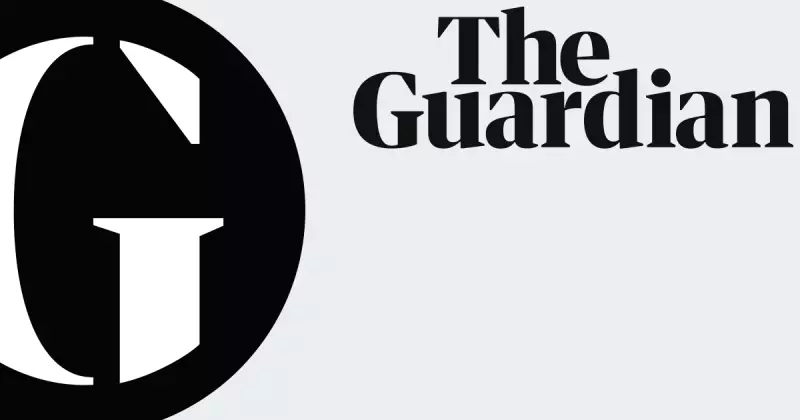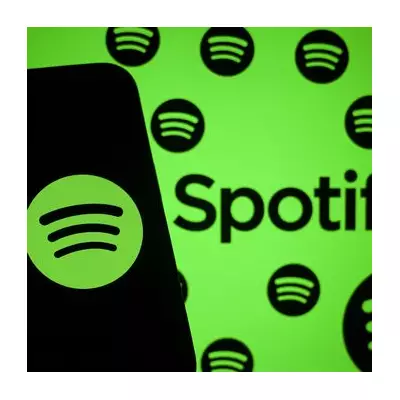
In a stunning digital-age phenomenon that has left political analysts reeling, Generation Z has harnessed the power of gaming platform Discord to orchestrate one of the most significant political upheavals in recent European history.
The Digital Revolution No One Saw Coming
While politicians were focused on traditional media and established social networks, a quiet revolution was brewing in the virtual corridors of Discord. What began as a platform for gamers to coordinate raids in virtual worlds became the command centre for real-world political insurgency.
The transformation was both subtle and seismic. Young activists, digital natives who had cut their teeth on complex gaming strategies and virtual community building, began applying these same skills to political organisation.
From Game Chats to Government Toppling
The platform's unique architecture proved ideally suited for covert political coordination. Unlike more public social media spaces, Discord's server-based system allowed for:
- Private, encrypted communication channels
- Highly organised topic-specific discussion threads
- Rapid information sharing across global networks
- Real-time coordination of protest activities
"They were playing a different game entirely," noted one cybersecurity expert. "While authorities monitored Twitter and Facebook, the real organisation was happening in plain sight on a platform they dismissed as just for gamers."
The Anatomy of a Digital Uprising
The movement's success lay in its distributed nature. Rather than relying on traditional hierarchical structures, the Discord-organised protests operated like a swarm - countless small cells acting in concert without centralised control.
This made the movement exceptionally resilient to government counter-measures. When authorities attempted to shut down one server, dozens of others would instantly take its place, their members having prepared for exactly such contingencies.
The Aftermath and Implications
The collapse of multiple European governments in the wake of these coordinated protests has sent shockwaves through international political circles. World leaders are now scrambling to understand this new form of digital activism that bypasses traditional political channels entirely.
As one political analyst grimly observed: "We've entered a new era where the skills learned in virtual worlds can have very real consequences in actual ones. The genie is out of the bottle, and there's no putting it back."





